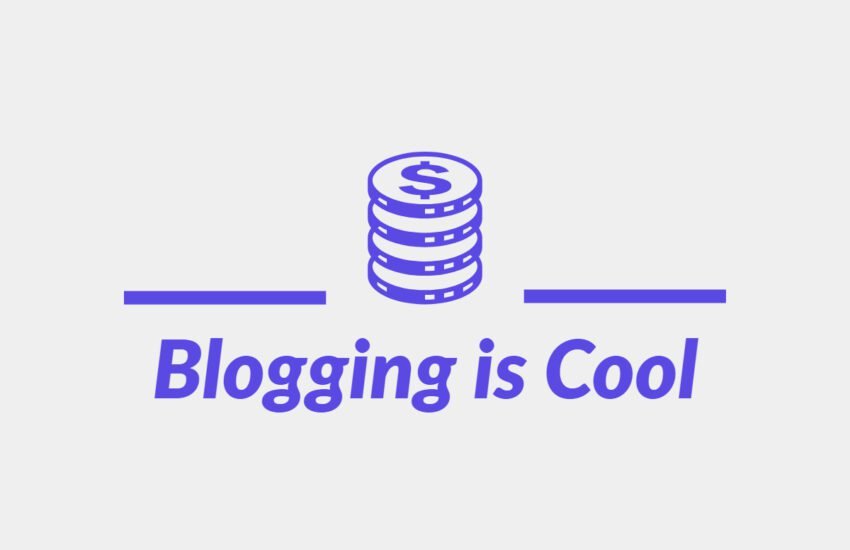10 Real Reasons Why Your Blog is Not Ranking in Google
Ranking is Super Important
Ranking on Google is crucial for businesses and individuals alike due to its dominant position as the world’s most popular search engine.
Securing a high ranking ensures visibility to a vast audience actively seeking information, products, or services, thereby driving organic traffic to a website. With millions of daily searches across diverse topics, appearing prominently in Google search results increases brand visibility and credibility, establishing trust among users.
Moreover, studies have shown that users are more likely to click on one of the top-ranking results, emphasizing the importance of striving for a top position.
Beyond mere visibility, ranking well on Google can significantly impact business success, as it correlates with increased website traffic, leads, and conversions.
Additionally, higher rankings often translate to enhanced brand authority and recognition within a particular niche or industry, fostering long-term growth and sustainability.
Therefore, optimizing for Google’s search algorithms through effective SEO strategies is essential for businesses and individuals seeking to capitalize on the immense opportunities presented by the digital landscape.
When it comes to online visibility, ranking higher in Google search results is crucial. However, many website owners find themselves frustrated when their site fails to climb the rankings.
If you’re wondering why you’re not ranking higher in Google, here are some real reasons that could be holding you back.
1. Lack of Quality Content
One of the most important factors for ranking higher in Google is having high-quality content. If your website lacks informative and engaging content, it’s unlikely to rank well.
Google’s algorithm prioritizes websites that provide value to users, so make sure your content is well-written, relevant, and offers something unique.
2. Poor On-Page Optimization
On-page optimization plays a significant role in improving your search engine rankings. If your website lacks proper optimization, Google may not be able to understand what your site is about.
Make sure to optimize your title tags, meta descriptions, headings, and URL structure. Additionally, use relevant keywords naturally throughout your content to help Google understand your website’s relevance.
3. Slow Page Speed
In today’s fast-paced world, users expect websites to load quickly. If your website takes too long to load, it can negatively impact your rankings.
Google considers page speed as a ranking factor, so optimize your website’s performance by compressing images, minifying code, and using caching techniques.
4. Lack of Backlinks
Backlinks are an essential part of SEO and can significantly impact your rankings. If your website lacks quality backlinks from authoritative sources, it may struggle to rank higher in Google.
Focus on building high-quality backlinks through guest posting, outreach, and creating valuable content that others will naturally link to.
5. Mobile-Unfriendly Website
With the majority of internet traffic coming from mobile devices, having a mobile-friendly website is crucial. If your website is not optimized for mobile devices, it can negatively affect your rankings.
Ensure that your website is responsive and provides a seamless user experience across all devices.
6. Thin or Duplicate Content
Thin or duplicate content can harm your website’s ranking potential. Google penalizes websites that have low-quality or duplicate content.
Make sure your content is original, substantial, and provides value to your audience. Remove any duplicate content and focus on creating unique and informative content.
7. Lack of Social Signals
Having a strong social media presence can positively impact your website’s visibility. If your website lacks social signals such as likes, shares, and comments, it may not rank as high in Google.
Encourage social sharing and engagement by integrating social media buttons on your website and creating shareable content.
8. Ignoring Local SEO
If your business operates locally, ignoring local SEO can hinder your rankings.
Optimize your website for local search by including location-specific keywords, creating a Google My Business profile, and getting listed in local directories.
This will help your website appear in relevant local searches and improve your chances of ranking higher.
9. Lack of Regular Updates
Google prefers websites that are regularly updated with fresh content. If your website remains stagnant without any updates, it may not rank as high in search results.
Regularly publish new blog posts, update existing content, and ensure that your website is active and engaging.
10. Poor User Experience
Providing a positive user experience is crucial for higher rankings. If your website is difficult to navigate, has intrusive ads, or lacks clear calls-to-action, users are likely to leave quickly.
Google takes user behavior metrics such as bounce rate and time on site into account. Focus on improving your website’s usability and providing a seamless experience for your visitors.
Conclusion
In conclusion, there are several real reasons why your website may not be ranking higher in Google. By addressing these issues and implementing effective SEO strategies, you can improve your website’s visibility and climb the search engine rankings.


